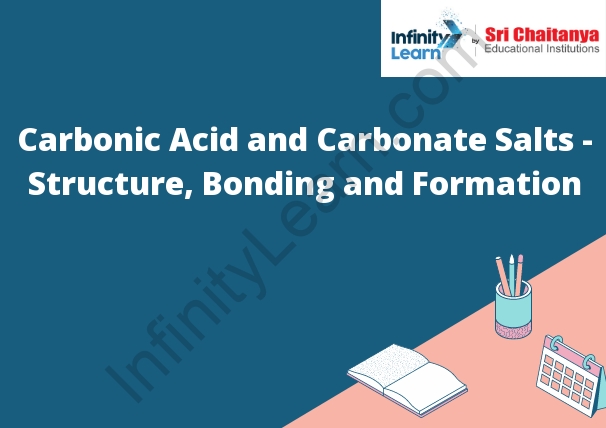Table of Contents
What are Carbonic Acid and Carbonate Salts?
Carbonic acid is a weak acid that forms when carbon dioxide gas dissolves in water. Carbonate salts are compounds formed when carbonic acid reacts with metal ions.

Structure and Bonding in Methane
Methane is a simple hydrocarbon with the molecular formula CH 4 . It is composed of four hydrogen atoms bonded to a single carbon atom. The carbon atom is sp3 hybridized, meaning that it has three unpaired electrons in its outer orbit. These electrons are available to form covalent bonds with the hydrogen atoms. The three-dimensional shape of the methane molecule is tetrahedral, with the carbon atom at the center and the hydrogen atoms at the corners.
Formation of a covalent bond
A covalent bond is a type of chemical bond that is formed when atoms share electrons. This occurs when the atoms are close enough to each other that they can share electrons. When this happens, the atoms become stable and are able to form a molecule.
Carbonate and Hydrogen Carbonate Salts
Carbonate salts are ionic compounds composed of carbonate ions (CO 3 2-) and metal ions. The simplest carbonate salt is sodium carbonate, Na 2 CO 3. Other carbonate salts include potassium carbonate, K 2 CO 3, and magnesium carbonate, MgCO 3.
Hydrogen carbonate salts are ionic compounds composed of hydrogen carbonate ions (HCO 3 -) and metal ions. The simplest hydrogen carbonate salt is sodium hydrogen carbonate, NaHCO 3. Other hydrogen carbonate salts include potassium hydrogen carbonate, KHCO 3, and magnesium hydrogen carbonate, MgHCO 3.
Both carbonate and hydrogen carbonate salts are white solids that are soluble in water. They are used in a variety of industrial applications, including the production of glass, cement, and fertilizer. Carbonate salts are also used as buffers in biological systems to maintain pH levels.
Reaction of Acids with Carbonates
Carbonates react with acids to form carbon dioxide gas and a salt. For example, when hydrochloric acid is added to calcium carbonate, calcium chloride and carbon dioxide gas are formed.
Metal Hydrogen Carbonates
In aqueous solution, metal hydrogen carbonates are amphoteric. They can act as either an acid or a base, depending on the pH of the solution.
At low pH, metal hydrogen carbonates are acids and will donate protons to the solution. This increases the acidity of the solution and makes it more corrosive.
At high pH, metal hydrogen carbonates are bases and will accept protons from the solution. This decreases the acidity of the solution and makes it less corrosive.









